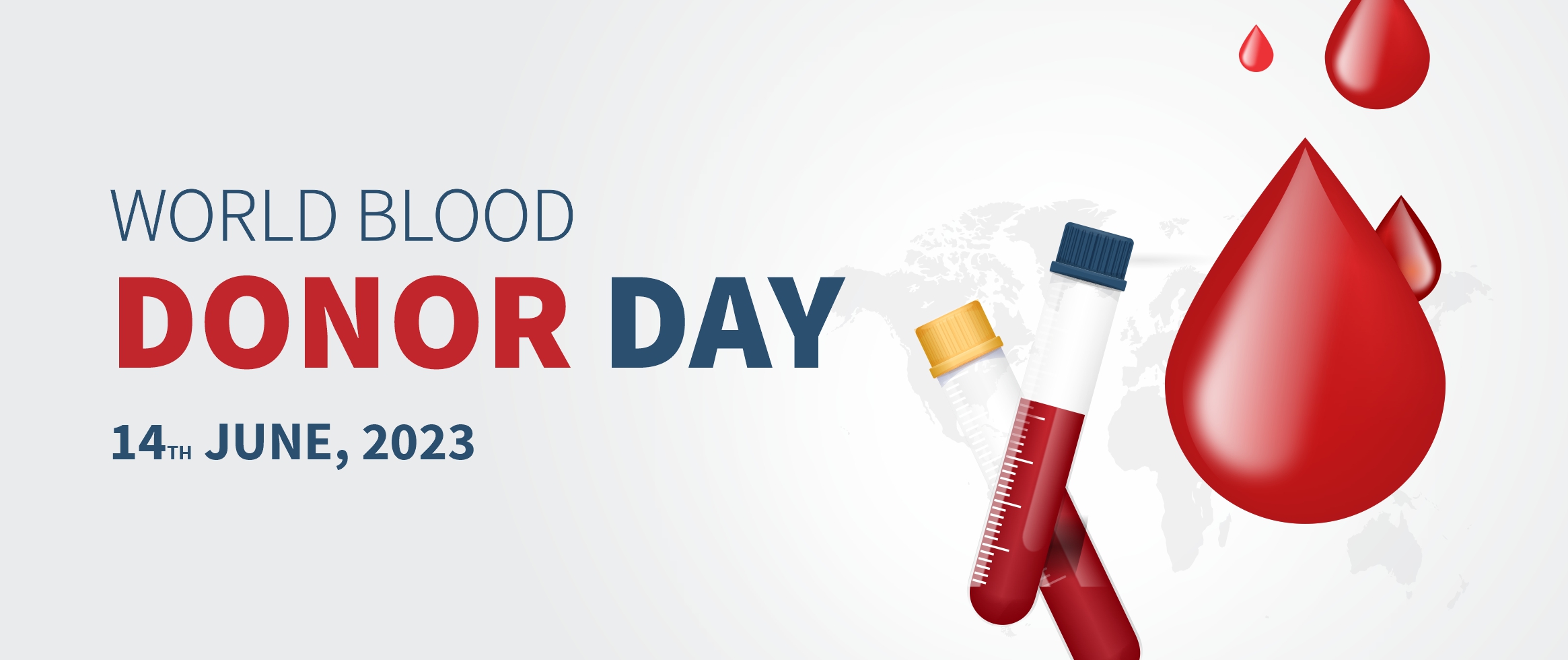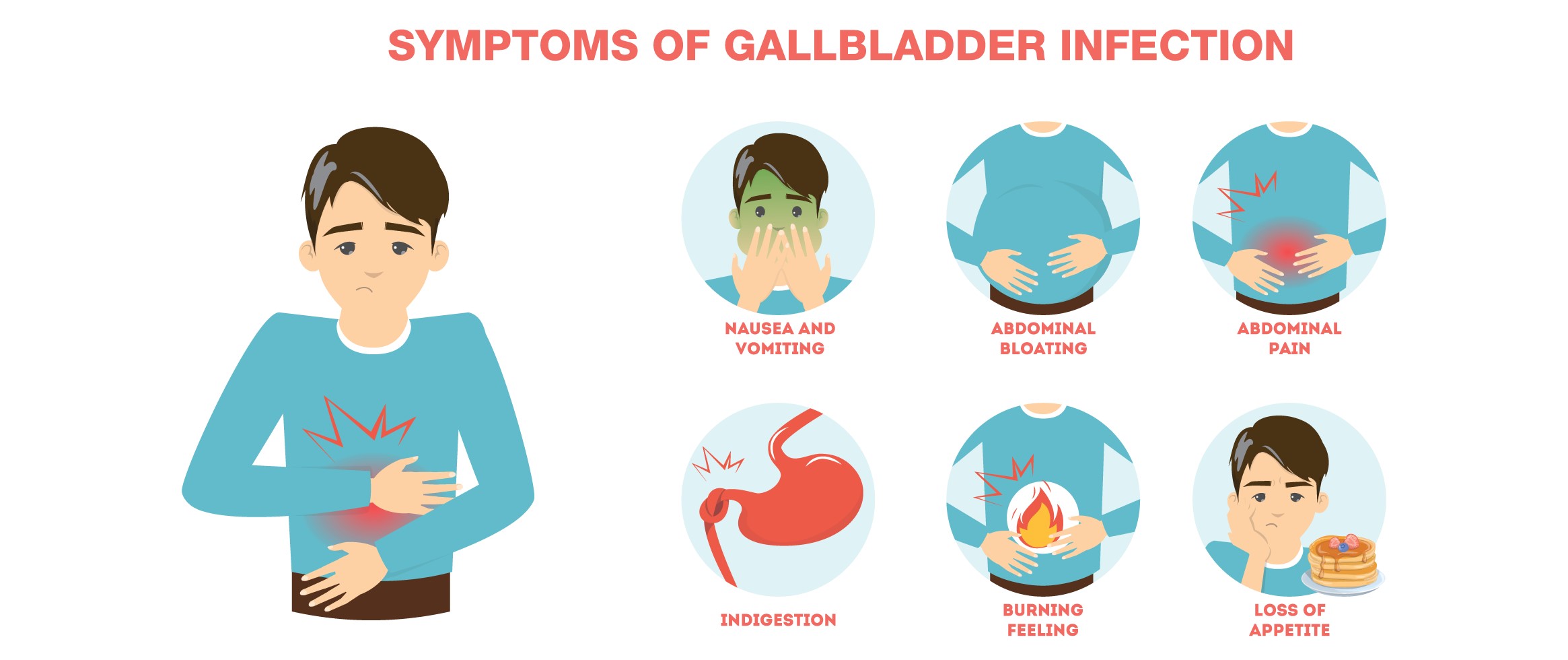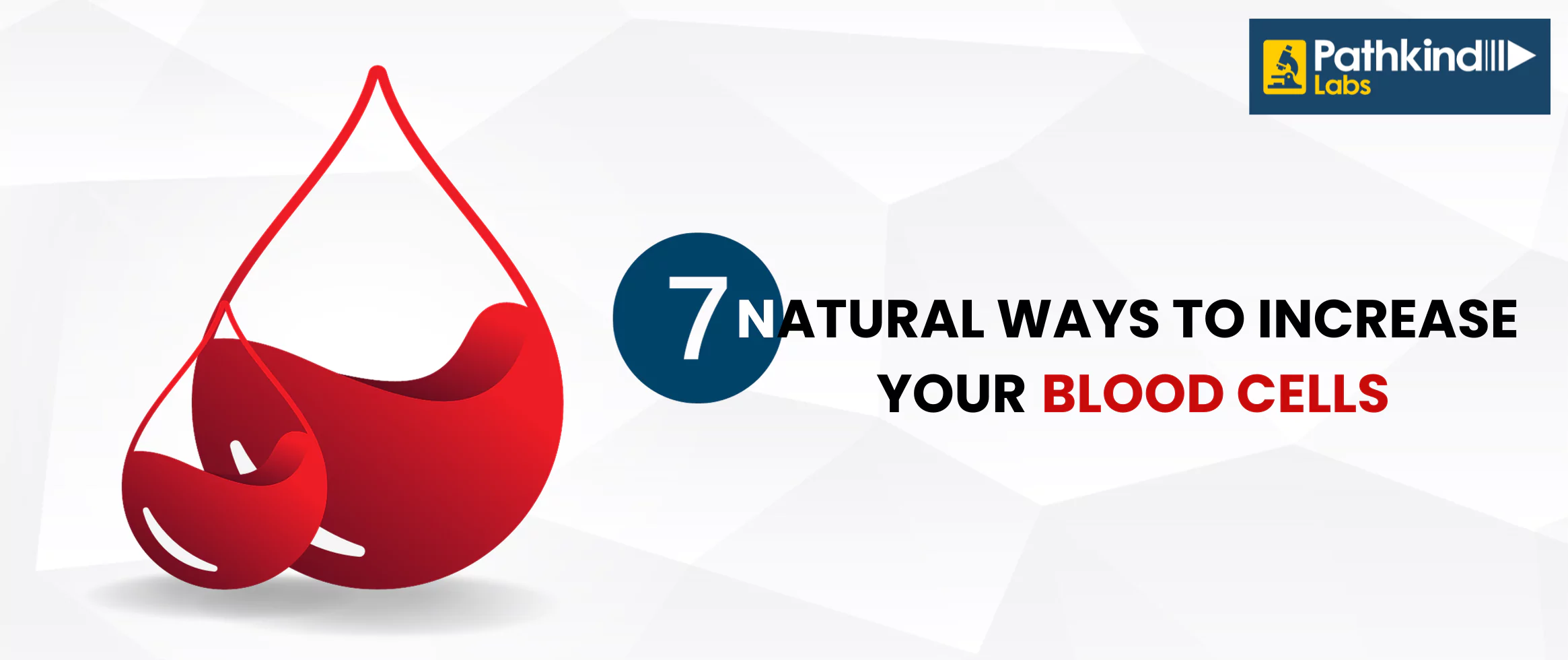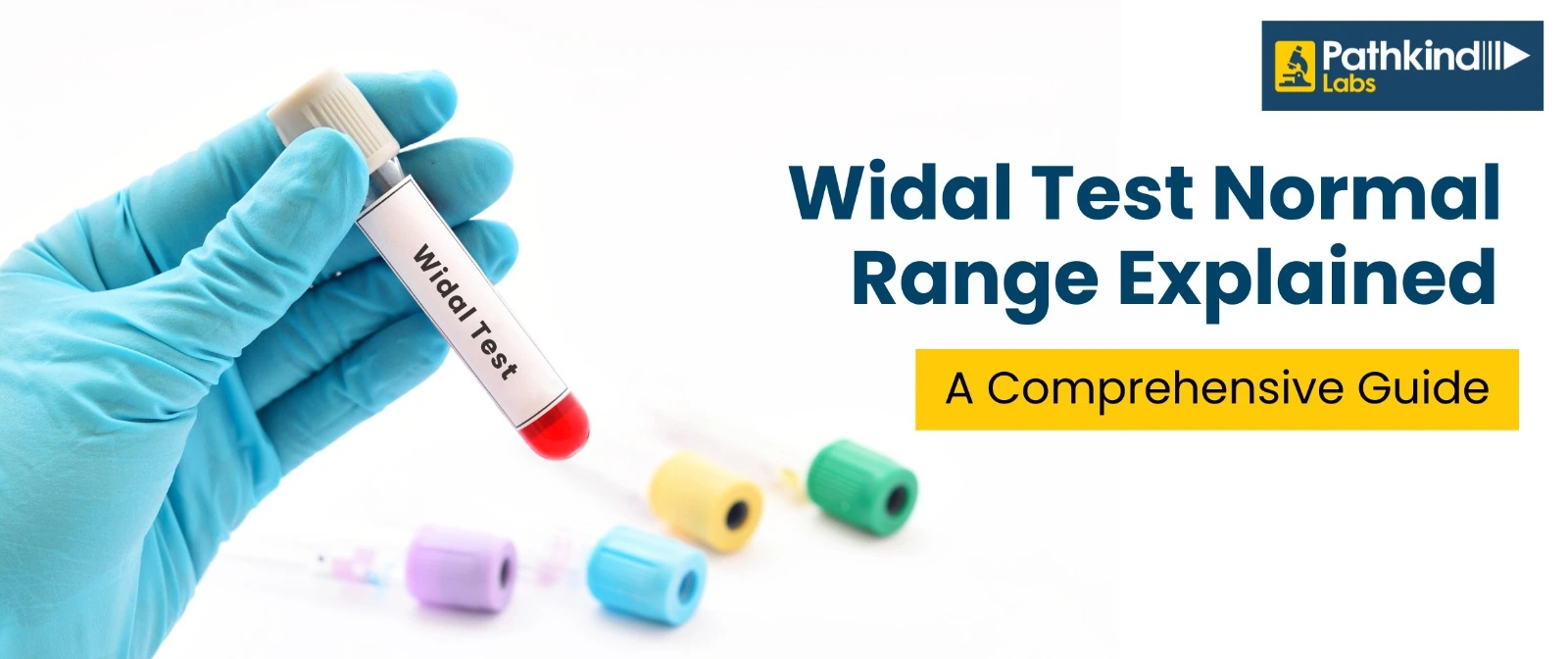Haemogram (CBC + ESR) OverviewÂ
A complete blood count (CBC) and erythrocyte sedimentation rate (ESR) test, commonly referred to as a haemogram, are a pair of diagnostic procedures frequently requested in tandem to assess a person's general health and identify a variety of illnesses.Â
A CBC test counts and describes a person's red blood cells, white blood cells, and platelets, among other blood cell types. Anemia, inflammation, infection, bleeding disorders, and many other illnesses can all be diagnosed with it.Â
Haemogram (CBC + ESR) Overview
A complete blood count (CBC) and erythrocyte sedimentation rate (ESR) test, commonly referred to as a haemogram, are a pair of diagnostic procedures frequently requested in tandem to assess a person's general health and identify a variety of illnesses.
A CBC test counts and describes a person's red blood cells, white blood cells, and platelets, among other blood cell types. Anemia, inflammation, infection, bleeding disorders, and many other illnesses can all be diagnosed with it.
Why is Haemogram (CBC + ESR) Test Done?
As part of a normal examination or to assist identify and track a variety of medical issues, a doctor would typically order a haemogram (CBC + ESR) test. Among the frequent causes for requesting a CBC and ESR test are:
Anemia:
Anemia, which has many different causes, including iron deficiency, chronic illness, or blood loss, can show symptoms like a low red blood cell count.
Infection:
A high white blood cell count can be a sign of infection or inflammation.
Blood disorders:
Red blood cell counts, white blood cell counts, or abnormal platelet counts can be a sign of a blood condition such as leukemia or a clotting disorder.
Inflammatory conditions:
Rheumatoid arthritis, lupus, and inflammatory bowel disease can all be diagnosed and monitored using an elevated ESR, which can be a symptom of inflammation or infection.
Monitoring chronic illnesses:
People with chronic conditions like anaemia, cancer, and rheumatoid arthritis may request CBC and ESR tests as part of their routine check-ups.
Pre-surgery:
Typically, a haemogram is requested before surgery to assess the patient's general health and detect any underlying disorders that can make the process more difficult.
Who Should Get Tested for Haemogram (CBC + ESR) Test?
People of all ages frequently have a CBC and ESR test ordered as part of a normal examination, but they are especially advised for those who have symptoms or diseases that could point to a blood-related issue or inflammation. A haemogram may be advised for certain populations of persons, such as:
Â
- Individuals with symptoms of anemia, such as fatigue, weakness, shortness of breath, or pale skin.
- People with symptoms of infection, such as fever, chills, sore throat, or a persistent cough.
- Individuals with symptoms of bleeding or clotting disorders, such as easy bruising, frequent nosebleeds, or heavy menstrual periods.
- People with chronic conditions, such as rheumatoid arthritis, lupus, or inflammatory bowel disease, may need regular monitoring to evaluate the effectiveness of their treatment.
- A haemogram test may be advised for people with chronic diseases like cancer, individuals with a history of cancer, or those who are at high risk of acquiring cancer.
- As part of a pre-surgical review, it may be suggested that patients getting ready for surgery to receive a hemogram test to look for any underlying conditions that could make the treatment more difficult.
How to Prepare for Haemogram (CBC + ESR) Test?
In general, there is not much preparation required for a CBC and ESR test. Here are a few things to keep in mind when preparing for the test:
Fast before the test: You may be asked to fast for a certain period before the test, usually for 8 to 12 hours, to ensure accurate results. This usually means not eating or drinking anything except water during this time. Wear comfortable clothes: Wear comfortable clothes and avoid wearing any tight clothing on the day of the test, as it can make it difficult for your healthcare provider to draw blood.
Let your healthcare provider know about your medications: Inform your healthcare provider about all the medications you are currently taking, as some medications can affect your blood test results.
Inform about any allergies: Inform your healthcare provider if you have any allergies or have had a bad reaction to having blood drawn in the past.
Post-menopausal women: If you are a postmenopausal woman and have not had menstrual periods for a year or more, inform your healthcare provider as that can affect ESR results.
Inform your doctor if you have recently donated blood: If you have recently donated blood, inform your doctor so that they can take it into account while interpreting your results.
What to Expect During Haemogram (CBC + ESR) Test?
A CBC and ESR test is typically performed in your healthcare provider's office or a laboratory setting. Here is what you can expect during the test:
- Blood sample collection: By sticking a needle into an arm vein, your healthcare professional will draw a sample of your blood. In one or more vials, the blood will be collected and submitted to a facility for testing.Â
- Blood is normally drawn quickly and somewhat painlessly, and just a tiny amount, usually a few millilitres of blood is removed.
- The ESR test: Your blood sample is placed in a long, thin tube, and left to stand for one hour as part of the ESR test, which does not require any extra setup or preparation. The rate of red blood cell sedimentation is then calculated, and the results are expressed in millimetres per hour.
- As soon as the blood is drawn, you can leave the lab or office and carry on with your regular activities. The minor pain or bruising you may experience where the blood was drawn should go away fast.
- Results interpretation: Your healthcare provider will interpret the CBC and ESR test findings after they have been evaluated by a laboratory. If your healthcare practitioner uses an electronic medical record system, you might be able to examine the test results online. If not, you will need to make another appointment to go over the data.
Understanding Haemogram (CBC + ESR) Test Results
A CBC and ESR test can offer valuable insight into a person's general health, and abnormal findings may point to the presence of a condition. Here is an overview of what a haemogram (CBC + ESR) test result might mean:
Red blood cell count: A high red blood cell count can signify dehydration or a medical condition like polycythaemia vera, whereas a low red blood cell count (anaemia) can signify a shortage of iron or a persistent illness.
White blood cell count: A high white blood cell count can signify an infection or inflammation, whereas a low white blood cell count can signify a bone marrow condition or a pharmaceutical adverse effect.
Platelet count: A high platelet count (thrombocytosis) may signify a medical problem like cancer or a side effect from medication, whereas a low platelet count (thrombocytopenia) may signify a bleeding disorder or a bone marrow disorder.
ESR: When used to help diagnose and track diseases including rheumatoid arthritis, lupus, and inflammatory bowel disease, a high ESR might signify inflammation or infection.




 NABL approved
NABL approved  Most Trusted by
Most Trusted by  Accuracy &
Accuracy &  Widest Range
Widest Range 























.jpg)






















